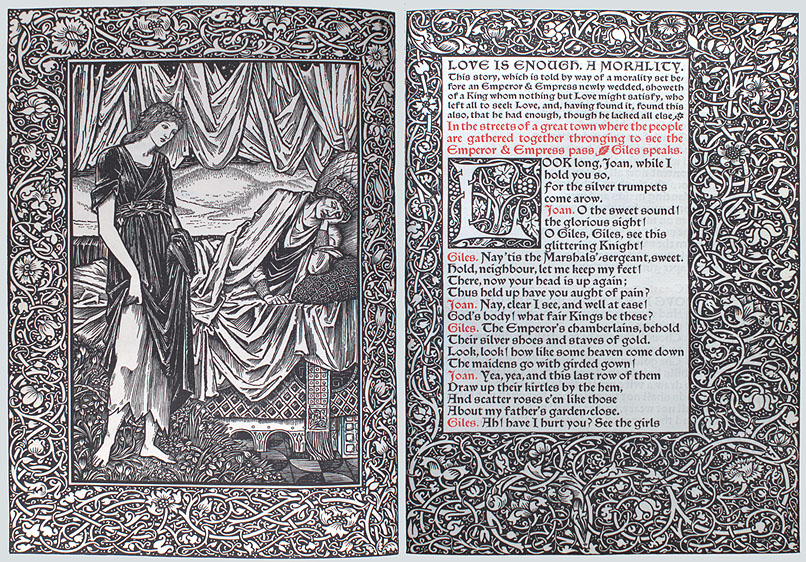William Morris’ Love is Enough has been on my mind this morning. “He makes a poem these days–in dismal Queen Square in black old filthy London in dull end of October he makes a pretty poem that is to be wondrously happy; and it has four sets of lovers in it and THEY ALL ARE HAPPY and it ends well, and will come out some time next summer and I shall make little ornaments to it–such is Top in these days.” –Memorials of Edward Burne-Jones. (The capitalization there is Burne-Jones’ emphasis, not mine. Something about it touches me.)
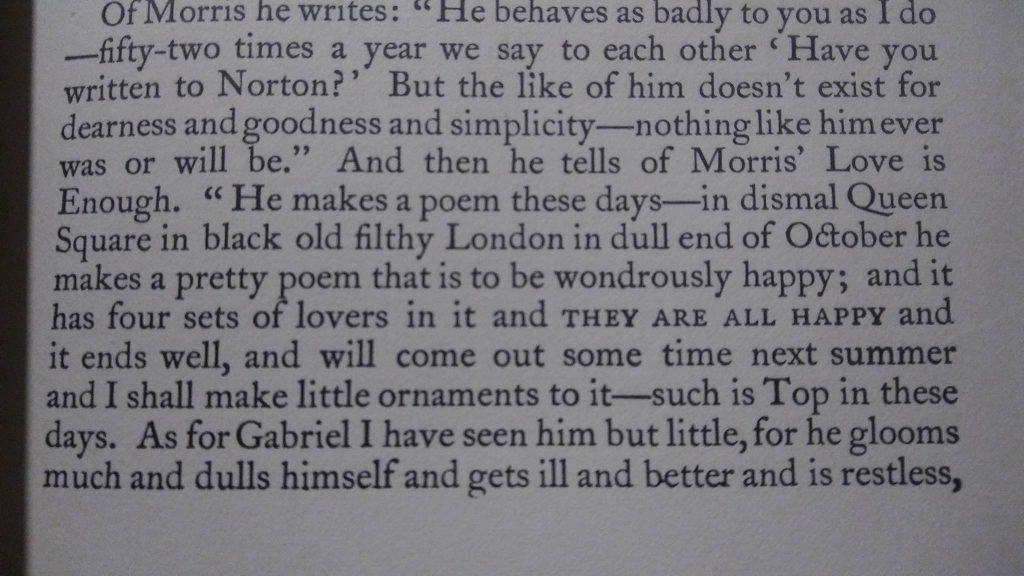
I see something beautiful in that ecstatically capitalized statement.
Love is Enough is a morality play by William Morris. Biographers and critics often point out that it’s not one of his best works, which may be true, but for me it is the meaning behind the work that shines through and resonates with me. This excerpt below is the most widely known portion.
Love is enough: though the World be a-waning,
And the woods have no voice but the voice of complaining,
Though the sky be too dark for dim eyes to discover
The gold-cups and daisies fair blooming thereunder,
Though the hills be held shadows, and the sea a dark wonder,
And this day draw a veil over all deeds pass’d over,
Yet their hands shall not tremble, their feet shall not falter;
The void shall not weary, the fear shall not alter
These lips and these eyes of the loved and the lover. (Read more here)
I love the imagery of it, the thought of journeying through dark woods where it is too difficult to see the natural beauty that exists but despite that, true lovers do not fear or falter.
They persevere even in darkness.

This stanza also resonates with me.
Love is enough: while ye deemed him a-sleeping,
There were signs of his coming and sounds of his feet;
His touch it was that would bring you to weeping,
When the summer was deepest and music most sweet:
In his footsteps ye followed the day to its dying,
Ye went forth by his gown-skirts the morning to meet:
In his place on the beaten-down orchard-grass lying,
Of the sweet ways ye pondered left for life’s trying.
The poem is nestled within Morris’ morality tale and while it may not have the exquisite lyricism as his early works like The Earthly Paradise, there are lines in it that are incredibly poignant to me:
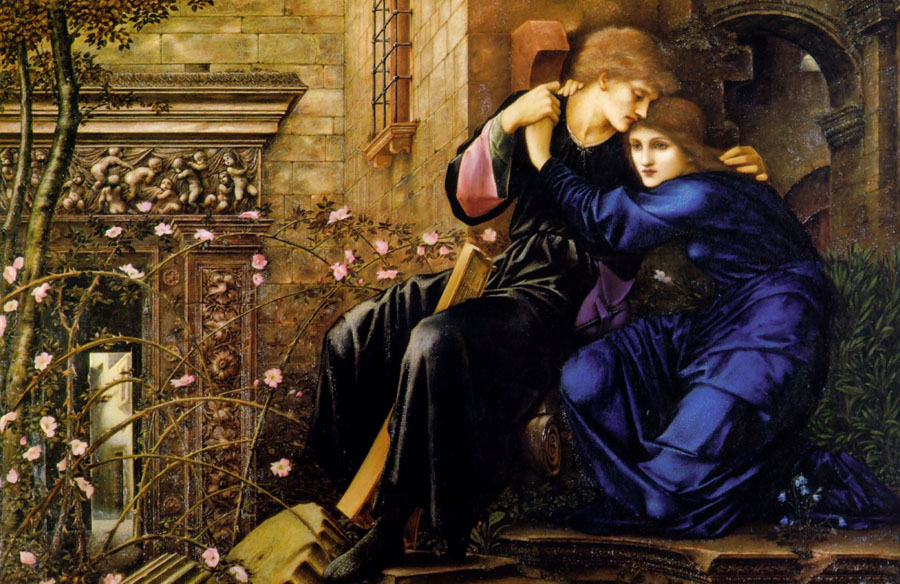
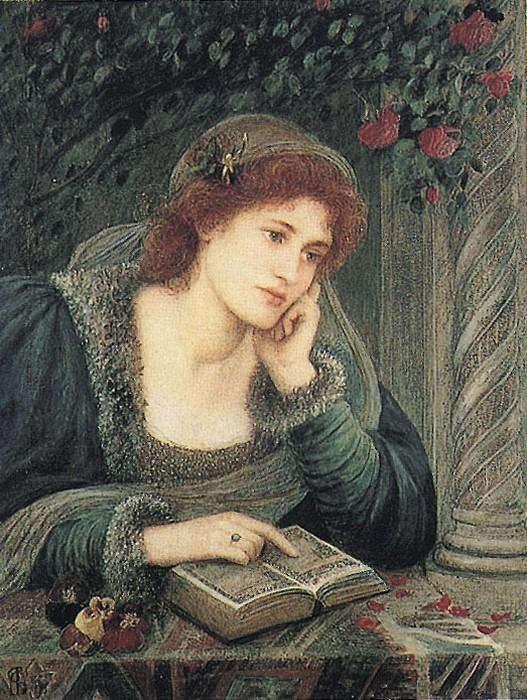
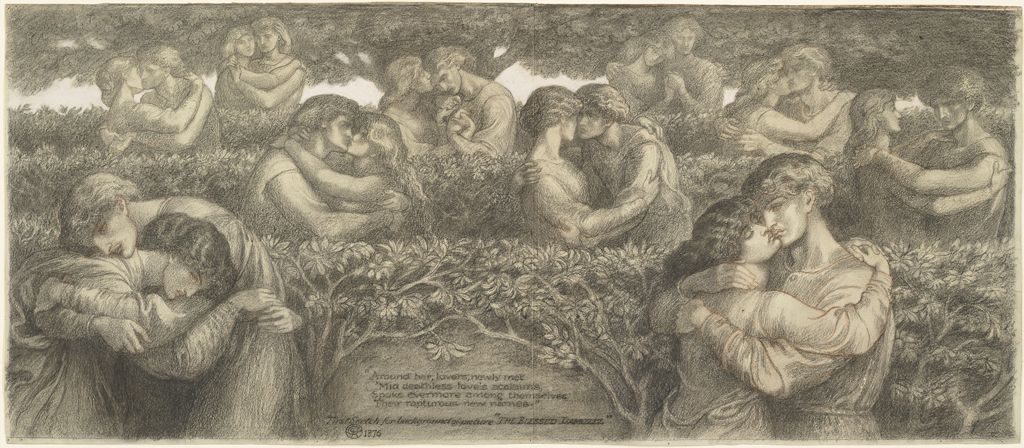
And the woods have no voice but the voice of complaining,
Though the sky be too dark for dim eyes to discover
The gold-cups and daisies fair blooming thereunder,
Though the hills be held shadows, and the sea a dark wonder,
And this day draw a veil over all deeds pass’d over,
Yet their hands shall not tremble, their feet shall not falter;
The void shall not weary, the fear shall not alter
These lips and these eyes of the loved and the lover.
There’s nothing you can do that can’t be done
Nothing you can sing that can’t be sung
Nothing you can say, but you can learn how to play the game
It’s easy
No one you can save that can’t be saved
Nothing you can do, but you can learn how to be you in time
It’s easy
All you need is love
All you need is love, love
Love is all you need
All you need is love
All you need is love
All you need is love, love
Love is all you need
Love is enough, love is all you need.

